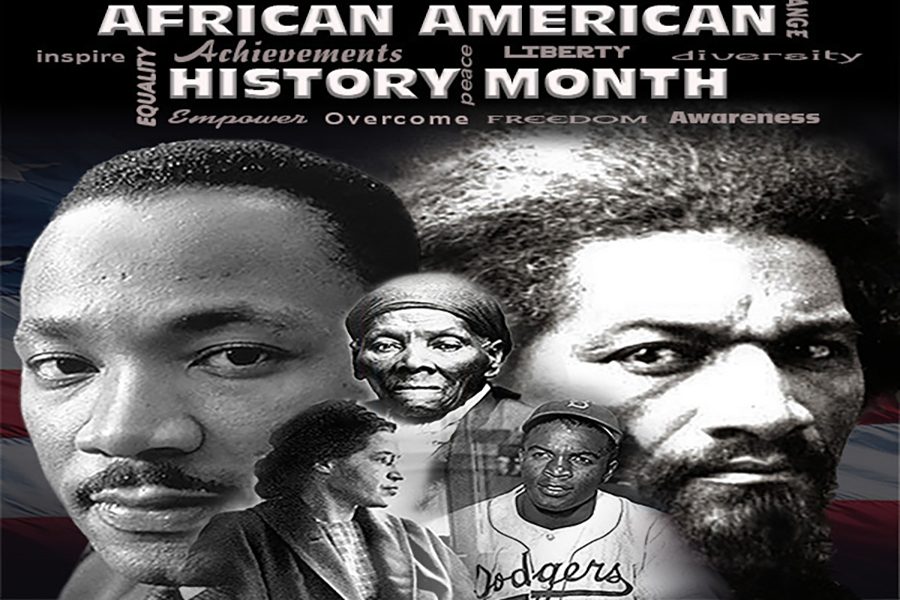Did You Know..?
According to the Association for the Study of African American Life and History, Black History Month dates back to 1915. Carter G. Woodson, founder of the ASALH and Black History Month, chose the month of February for the observance because it includes the birthdays of Abraham Lincoln and Frederick Douglass. (U.S. Air Force graphic by Tommy Brown/Released)
February 7, 2018
Inoculation was introduced to America by an African-born slave named Onesimus.
Onesimus told his master, a Puritan church minister, about the centuries-old tradition of extracting biological material from an infected person and deliberately exposing an uninfected person to the material, subsequently making them immune. At the time, doctors considered the practice wildly dangerous and experimental, but when a smallpox epidemic hit Boston in 1721 the medical community was so desperate to find a cure that 240 people were inoculated with an inactive strain of the virus. This enraged the ‘morally upright’ religious base of sixteenth century America and put the initiating doctor’s lives in danger, despite the high success rate of the, two percent mortality rate compared to the 15 percent of patients who weren’t inoculated.
Today, the traditional African practice of inoculation is practiced regularly all over the world. Without it, every man and woman and child would be susceptible to a handful of the most deadly, yet most easily preventable diseases of all time.




